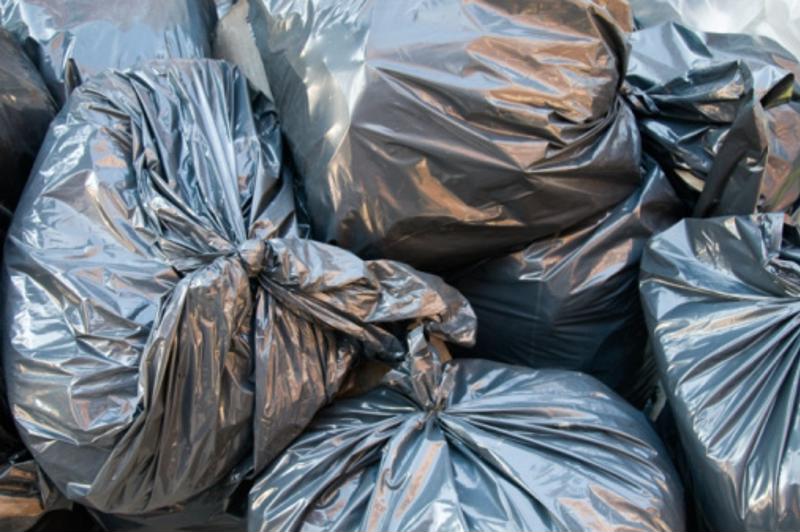“Is your foodservice business efficient with the resources it uses?”
 Waste management is a key aspect of sustainability.
Waste management is a key aspect of sustainability.“Is your foodservice business efficient with the resources it uses?”
 Waste management is a key aspect of sustainability.
Waste management is a key aspect of sustainability.By continuing to use this website, you agree to our use of cookies. For more information, see our Privacy Statement.
